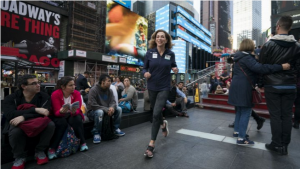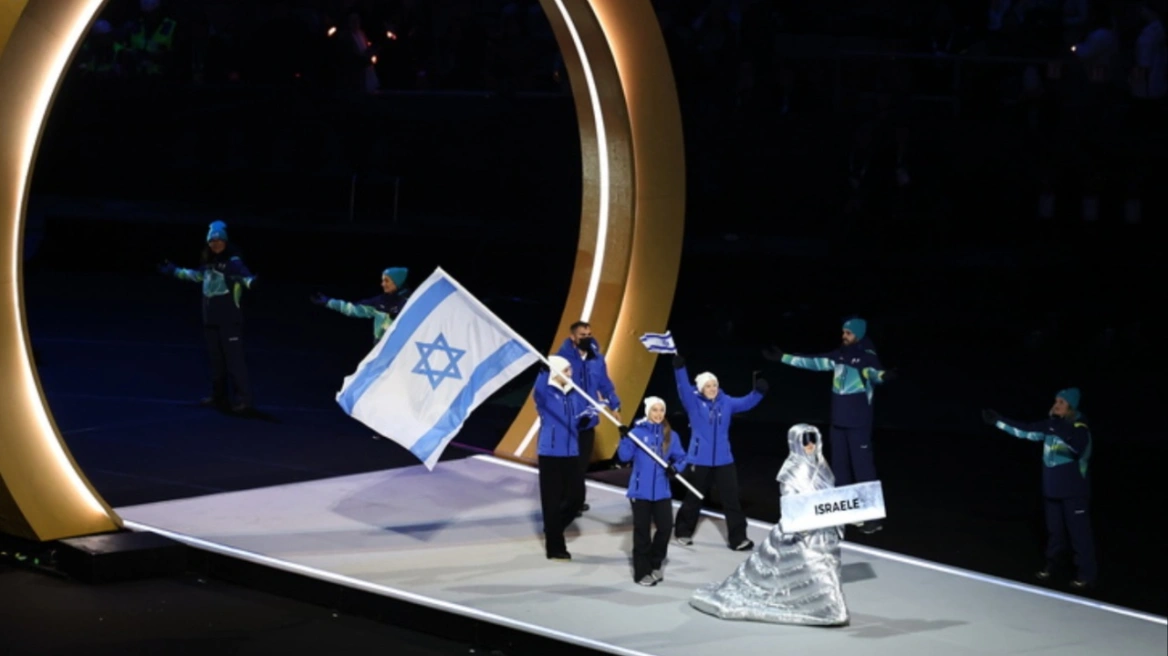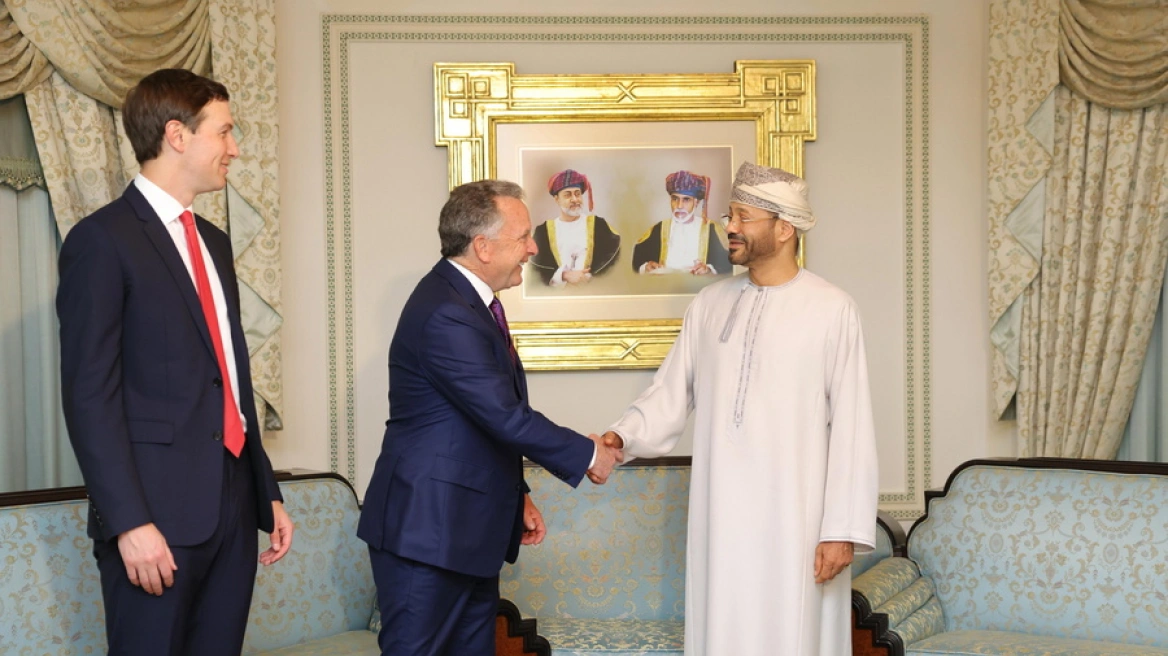This week’s deadly truck attack in New York could not deter blind Japanese runner Toshiaki Ito from joining 50,000 fellow competitors in the city’s marathon this Sunday.
“I will not be defeated by it,” Ito, a 59-year-old banker, said as he picked up his race number three days after an Uzbek immigrant drove a truck down a Manhattan bike path, killing eight people and injuring a dozen more.
Holding his white cane, Ito, who will run with a sighted guide, said through an interpreter that while the attack gave him “a little trepidation,” he is “definitely running.”
He is far from alone, according to organizers of the annual road race, who said runners were defying concerns to join the world’s biggest marathon.
“There’s been no spike in cancellations that we’ve seen,” said Chris Weiller, a spokesman for race organizer the New York Road Runners.
New York officials allowed the city’s Halloween parade to step off just hours after Tuesday’s attack and vowed that the marathon would go forward, with some enhanced security.
The race has been canceled only once in its 47-year history – in 2012, following Superstorm Sandy’s devastating hit to the region. It even went forward after the Sept. 11, 2001, attacks, which killed about 2,600 people in New York.
Marathoners train for months to prepare for the 26.2-mile (42.2 km) race, and some wait years before winning a spot in the drawing that gives about 30 percent of them access to a field that includes the world’s top runners and draws about 2.5 million spectators.
“The determination that got them here is the determination that I think that they have right now going into Sunday,” Weiller said.
Boston memories
Sunday’s race will not be the first time U.S. runners have had to worry about violence. Two brothers inspired by al Qaeda killed three people and injured more than 260 with bombs at the finish line of the 2013 Boston Marathon.
Philadelphian Neil Gottlieb remembers that attack vividly as it occurred shortly after he crossed the finish line. But he was back on that course in 2014 and said he was undaunted from racing in New York.
“I’m not going to win the New York City Marathon, but it’s a victory for me, and I’m not going to let anyone stop me,” said Gottlieb, a 48-year-old healthcare executive and father of three.
New York police stepped up security, saying they would deploy extra “blocking trucks” to protect against vehicle attacks, rooftop snipers, heavy weapons, dogs and helicopters.
“This increase will supplement the already large, substantial detail of uniformed officers that you will see along the route,” New York Police Chief Carlos Gomez said on Wednesday.
In addition, the state Police, National Guard and the Metropolitan Transportation Authority and the Port Authority of New York and New Jersey will increase deployments at airports, bridges, tunnels, and mass transit systems before and after the race, New York Governor Andrew Cuomo said on Saturday.
“While there is no apparent threat, we are ramping up security across New York City with patrols and resources from various state law enforcement agencies out of an abundance of caution,” Cuomo said in a statement.
The marathon route connects all five of the city’s boroughs, starting near the Verrazano-Narrows Bridge in Staten Island, snaking through Brooklyn, Queens and Manhattan, before circling up to the Bronx and back to Manhattan.
Stephanie Trumbino, 35, of Maplewood, New Jersey, said she felt concerned about the attack but did not consider missing her first attempt at the race.
“I never gave it a second thought,” said Trumbino, a human resources manager at Stevens Institute of Technology in Hoboken, New Jersey.
Source: france24.com
Ask me anything
Explore related questions





